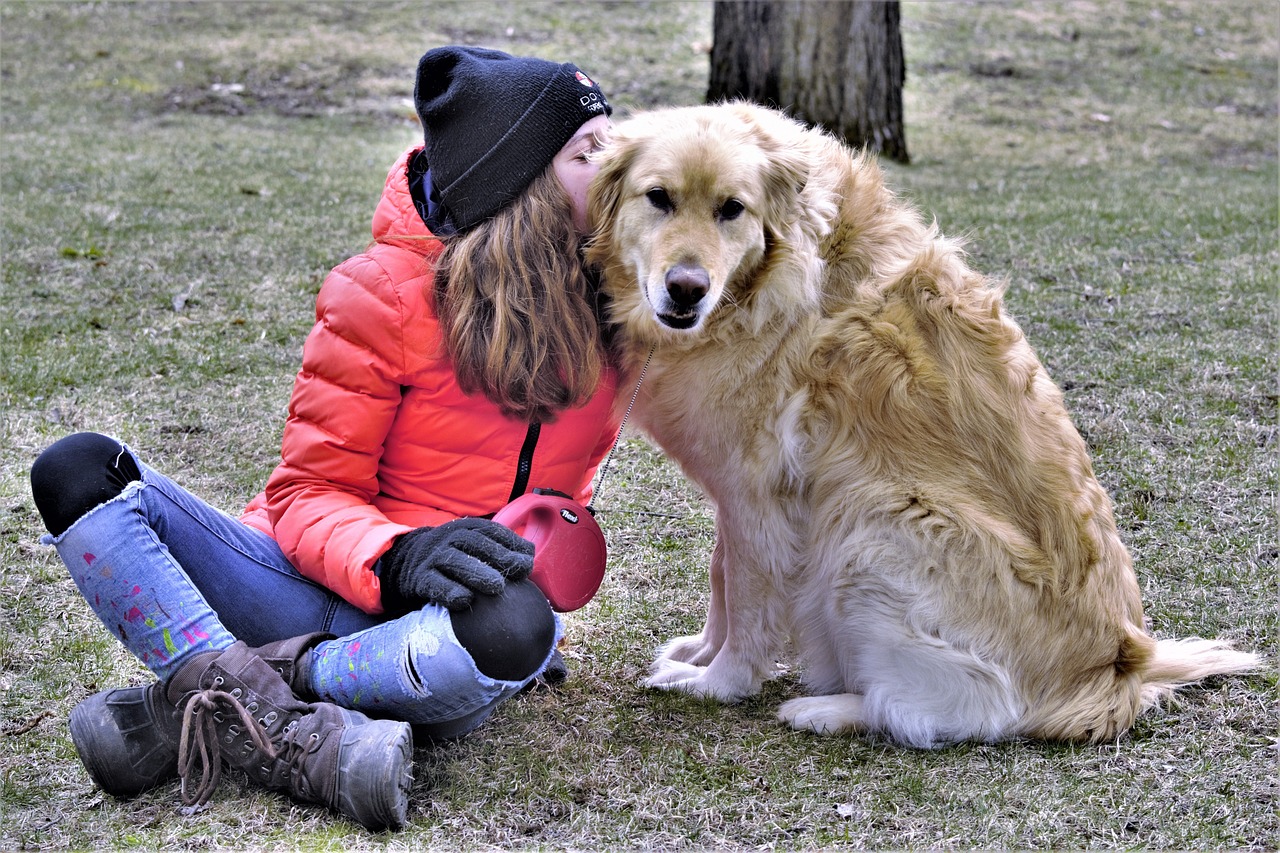
Being with your dog feels great if you’re a dog lover. So it’s no surprise that therapy dogs help people with cancer, PTSD, and dementia. Therapy dogs are becoming more popular worldwide. They communicate with patients after being taught and accredited by various organizations.
Research has established the value of pet therapy, but how do dogs feel about helping humans? Science has researched this, and the results are reassuring.
A recent study in Applied Animal Behaviour Science found that therapy dogs in pediatric cancer wards are not stressed by their “work” and instead like it.
According to Amy McCullough, national director of research and therapy at American Humane in Washington, D.C., the study was the largest because it involved over a hundred patients, 26 dogs, and five different hospitals.
Working Dog
The researchers measured cortisol, a stress hormone, in canine saliva. The swabs were taken at home and in the hospital during therapy sessions.
Conversely, cortisol levels rise in response to both good and bad stress. “Let’s say we have a dog that loves to play ball—chasing the ball raises the dog’s cortisol levels,” McCullough explains.
As a result, the researchers videotaped and evaluated 26 canine behaviors divided into three categories.
The study dogs’ cortisol levels were the same in all settings, demonstrating that the therapy dogs were not too stressed.
Fun in the workplace
According to Glenk of Vienna University of Veterinary Medicine, a previous study provided minimal or no information on session activities to identify the practices enhancing dogs’ stress levels.
A new pediatric cancer study provides some suggestions as to whether therapy dogs like their work.
For example, a child chatting to or playing with the dog seems to elicit kinder responses than a child combing or drawing the animal.
McCullough thinks that “certain activities are more entertaining for the dog based on the data.”
Informed dog owners can lead their pets toward activities they think their canines will enjoy.
Finding a Good Fit
It involves thorough observation of therapy dogs, who might be unpredictable. According to the study, the dogs who showed the greatest stress also had the most friendliness, indicating that some dogs are louder about their emotions.
As with any job, McCullough says hiring the right people is crucial. “But it doesn’t mean their dog is cut out for this kind of work,” many pet lovers remark.
As a result, both trainers and owners must look for enthusiasm rather than tolerance.
“Does the dog crave attention or is it attracted by treats?” McCullough asks.
“When they visit the client, it must be a mutually beneficial interaction, thus it is critical that the dog enjoys their job.”
Source: nationalgeographic.com


